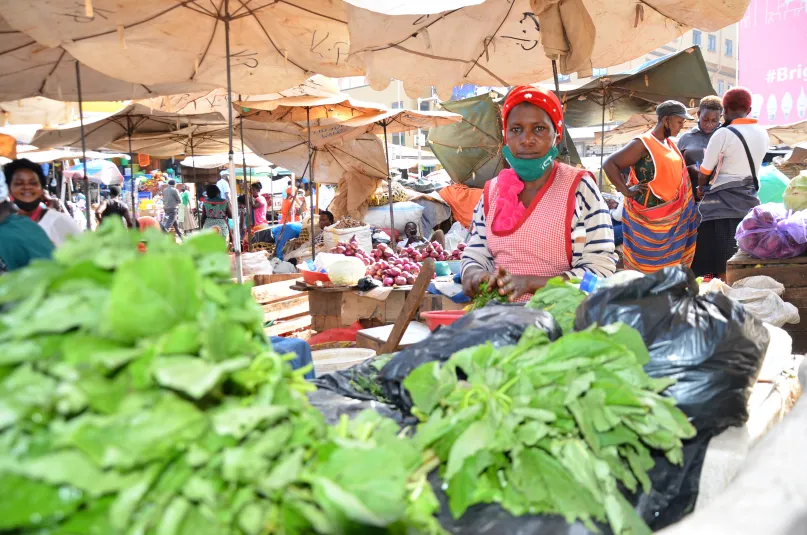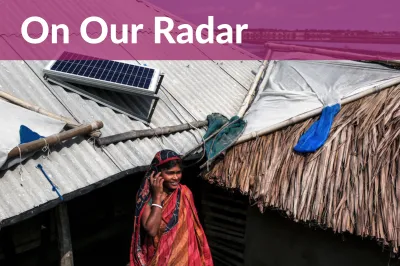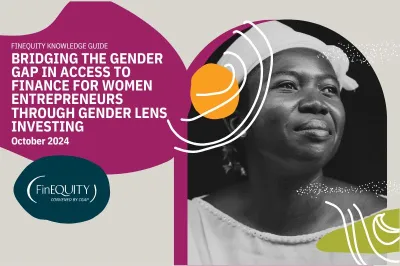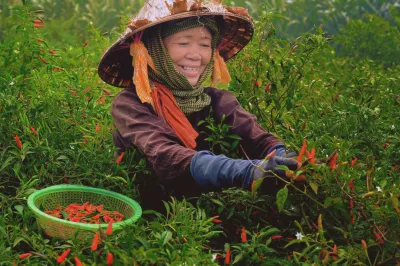Member Spotlight: Chryspin Afifu
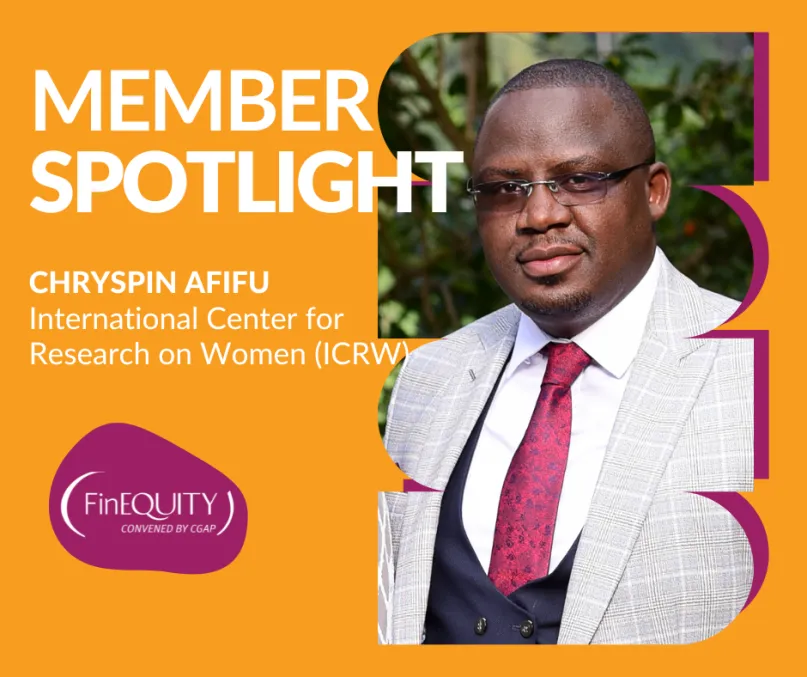
FinEquity: Tell us a little bit about yourself?
Chryspin Afifu: I work for the International Center for Research on Women (ICRW) as a Gender and Women’s Economic Empowerment Specialist, in Nairobi Kenya. ICRW is a global research institute that advances the rights and opportunities for women, girls and structurally excluded populations through actionable evidence and solutions. Much of my work at ICRW Africa, involves research and providing technical assistance on projects across sectors and topics that include women’s economic empowerment, agriculture, labor markets, unpaid care, trade, and women’s work in non-traditional sectors such as, manufacturing, energy and construction.
FinEquity: What originally drew you to the women’s financial inclusion and economic empowerment sector? What has kept you here?
Chryspin Afifu: My interest in women’s financial inclusion and access goes back to 2009 when a group of women from my rural home reached out to me to offer pro bono services in capacity building. They wanted to be trained on how to organize themselves into a self-help group, how to run sustainable income generating activities, and how to save and lend amongst themselves. I gladly rendered these services. In collaboration with two partners, we mobilized funds from Marie-Schlei Foundation (Germany) and assisted the group to start small businesses. We worked closely with them for three years, and the group grew from a handful of 20 to 530 women who actively engaged in savings and lending.
Over time, we commissioned an external monitoring and evaluation specialist who documented some impact stories from these women. It was interesting to see that most of the women who were poor, widowed and living in mud-walled houses, managed to save and build themselves semi-permanent houses, put their children into school and provide nutritious meals. These interventions improved the health outcomes of children within these households.
My career has progressed ever since. Over the years, I have worked with several institutions, offering technical support in financial inclusion projects for women across Kenya. Together with the ICRW Africa team, we lead the Women’s Economic Empowerment Community of practice (WEE CoP) Kenya, an initiative that aims to strengthen the efficiency, effectiveness and sustainability of the portfolio of work on women’s economic empowerment in Kenya.
FinEquity: Any current projects you’re working on/or recently worked on that you find particularly exciting/engaging?
Chryspin Afifu: A recent study that I found truly engaging involved analyzing the social and economic impact of COVID-19 policy responses on women working in the urban informal sector in Kenya. This study uncovered many financial and social challenges that urban women entrepreneurs were exposed to and how government policy responses could not adequately cushion them from the pandemic shocks. Given that most people in Kenya are employed in the informal sector, the study provided recommendations for policy and action to address existing gender inequalities.
I am particularly excited about the projects that we are currently implementing under the Women’s Economic Opportunity and Security pillar. We are conducting a two-year study in Kenya and Uganda, to understand the social protection measures that women want. The overarching goal is to promote the design and delivery of social protection interventions that work for women in these countries through evidence generation, multi-stakeholder engagement, and structural change. The initiative draws from emerging evidence and lessons learned from our research and policy engagement program work on social protection for vulnerable women and groups in East Africa, as well as other existing evidence on social protection in Africa.
We are also implementing a three-year participatory research initiative to enhance evidence informed decision making for improved childcare ecosystem in Kenya. This study is a practitioner-driven research and implementation initiative aimed at filling knowledge and evidence-gaps on women-owned childcare businesses, and the childcare needs and challenges of Kenya’s marginalized households.
FinEquity: What have been some of the most impactful findings you’ve come across in your career?
Chryspin Afifu: Some of the most impactful findings include the critical role of gender-responsive budgeting in achieving equitable development outcomes and the importance of integrating gender perspectives in policymaking. Another key finding is the importance of embracing an intersectional lens to understand women's lived experiences while addressing various barriers to women's economic empowerment and providing responsive pathways. Recently, the effectiveness of community-driven approaches in addressing gender-based violence has been significant. Addressing paid, unpaid, and underpaid care work, including childcare, is critical for enhancing women's participation in the economy and other social spheres.
FinEquity: What role does FinEquity play in your work? Where do you see value in this community? How has being a member shaped your work?
Chryspin Afifu: Personally, this has been a important platform for knowledge sharing and collaboration on financial inclusion initiatives. Over the years, learnings from FinEquity have shaped my understanding and application of financial inclusion principles in projects that I have worked on. The community's value lies in its collective expertise and support, which has significantly shaped my work by offering insights and networking opportunities to improve economic empowerment project outcomes.
FinEquity: What can our members connect with you about/what can they ask you about?
Chryspin Afifu: Members can contact me about research management, gender mainstreaming, strategic policy development, financial inclusion, care work and childcare intersectionality, women’s empowerment, and mentorship for entrepreneurship and social impact projects. Please connect with me on LinkedIn.
